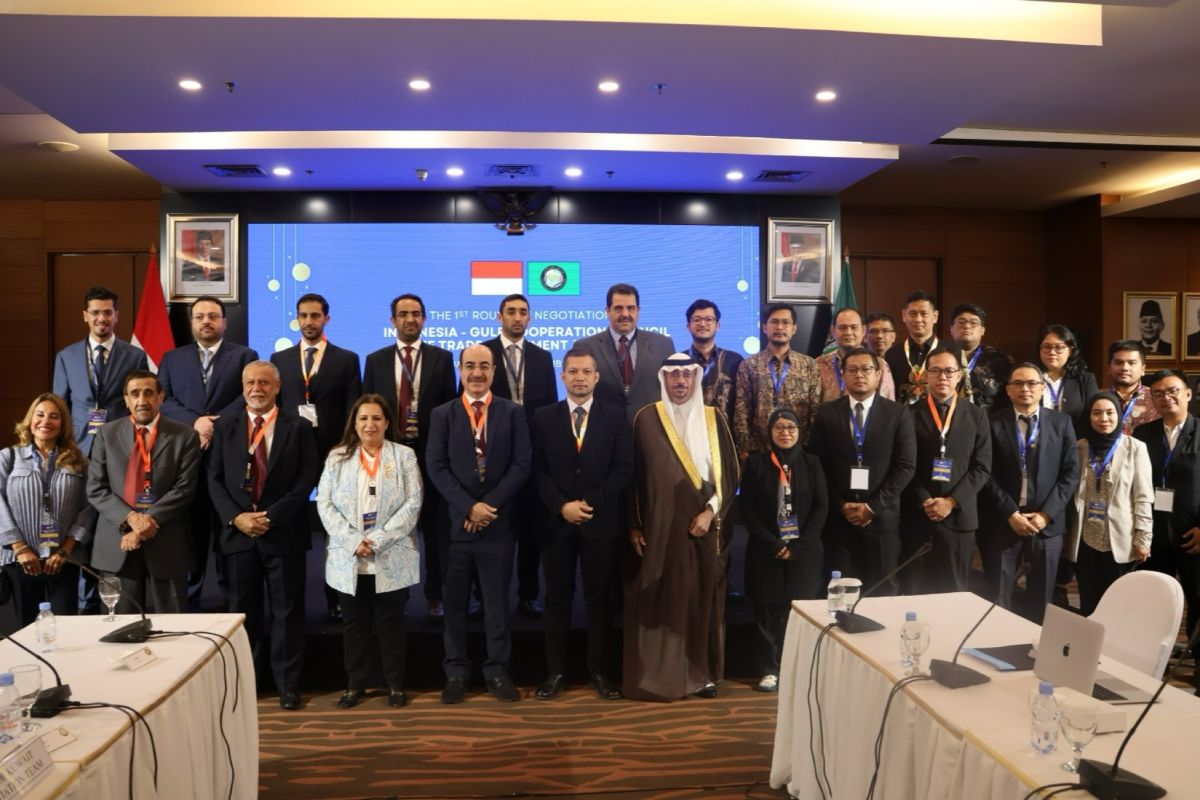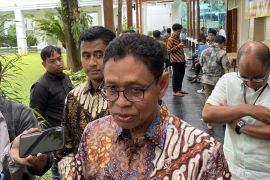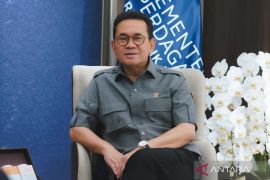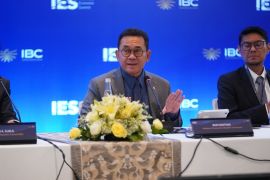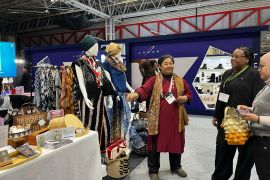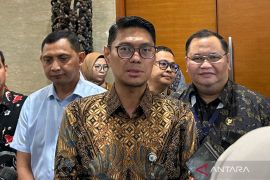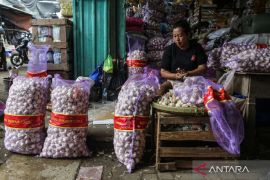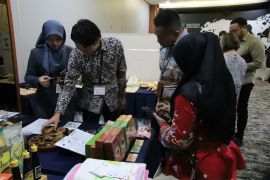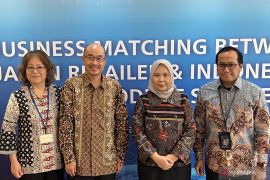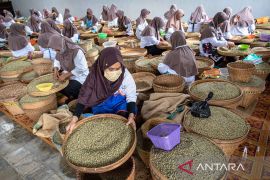During the meeting held at the ministry's office, the Indonesian delegation was led by the ministry's Director for Bilateral Negotiations, Johni Martha, while the GCC delegation was led by the General Coordinator for Free Trade Agreements Negotiations of GCC, Raja Munahi Al-Marzoqi.
Martha noted in a statement from his ministry here on Friday that the GCC is a strategic trade partner for Indonesia. The government is keen to utilize this opportunity to increase exports of local products to the GCC member countries.
"The negotiations held for five days run very productively, and it is hoped that this momentum will continue to be maintained," he remarked.
He noted that through stronger cooperation with the GCC, Indonesia could open more opportunities for product penetration, not only in the Gulf region but also in other Middle East, African, and European countries.
At the meeting, the Chief Negotiators of both parties agreed that the negotiating teams would immediately follow up on the results agreed upon in the first round of negotiations.
In addition, it was decided that the second round of I-GCC FTA negotiations would be held on November 17-21, 2024, in Riyadh, Saudi Arabia, in accordance with the negotiation schedule agreed upon in the Terms of Reference (TOR).
He stated that the first round of negotiations would be followed by a virtual intersession meeting in October 2024.
"This meeting will discuss other issues and cooperation, for example, regarding small and medium enterprises, business competition, economic cooperation, and issues related to market access to goods trade," he remarked.
The GCC is an economic and political alliance comprising Saudi Arabia, the United Arab Emirates (UAE), Kuwait, Bahrain, Oman, and Qatar.
The I-GCC FTA is the third trade agreement of Indonesia with its trade partners in the Middle East, after agreements with the UAE and Iran.
In 2023, the Indonesia-GCC total trade reached USD15.7 billion. That year, Indonesia's exports to the GCC stood at USD6.1 billion, while Indonesia's imports from the GCC were recorded at USD9.6 billion.
Indonesia's main export commodities to the GCC include vehicles, palm oil, jewelry, lightships, paper, and uncoated paperboard.
Meanwhile, Indonesia's main non-oil and gas imports from the GCC include semi-finished products of iron or non-alloy steel, acyclic alcohol, sulfur, ethylene polymers, and unwrought aluminum.
Related news: GCC, RI wrap up first round of free-trade negotiations
Related news: Minister sends off areca palms worth Rp542 mln to Saudi Arabia
Translator: Maria Cicilia, Raka Adji
Editor: Rahmad Nasution
Copyright © ANTARA 2024
